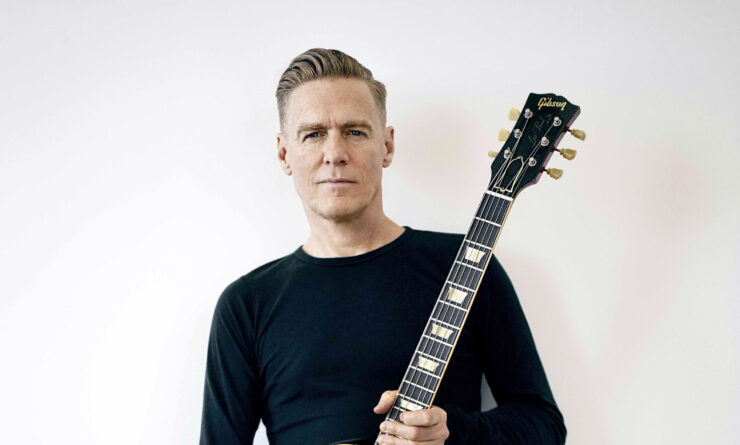Ottawa film festival presents alternative perspectives on hot button issues
Photo courtesy by Madison McSweeney
Sometimes a film resonates with you and sometimes it just leaves a bad taste in your mouth.
Fred Litwin founded the Free Thinking Film Festival in 2007 in response to the Michael Moore film Fahrenheit 9/11.
“That film was everywhere and it was all a complete lie,” Litwin said.
After unsuccessfully attempting to get the ByTowne Cinema to screen Michael Moore Hates America, he and a group of friends started to organize showings of films expressing viewpoints they felt were overlooked by the mainstream media. These stand-alone screenings eventually expanded into a full festival.
The festival, held at the Library and Archives building on Wellington Street from Oct. 31 to Nov. 3, featured films and panels covering a variety of topics including international human rights violations, the effects of fracking, the war in Syria, and cyber espionage.
The festival provides viewers with alternate views on current political issues by screening documentaries and a variety of live events. This year the festival featured Ottawa Citizen columnist Terry Glavin discussing his recent visit to Syria and his opinions on the war and refugee crisis, as well as a panel and Q&A session with cyber security experts after a screening of Hacked: When Cyber Spies Attack.
The University of Ottawa Campus Conservatives (UOCC) received 10 tickets to the festival to distribute to members. First-year political science student and UOCC member Marcus Mattinson enjoyed the festival’s presentation and Q&A featuring National Post columnist Barbara Kay.
“Our festival is great for students,” Litwin said. “First, because we have low prices for students, but more importantly, we expose students to ideas they will never get at school.”
Litwin sees the festival as an opportunity to provide students with a different side of debates and hot button issues.
“What makes our film festival stand out is that we are the only festival that tackles important political, and social problems of our day without the usual political correctness,” Litwin said. “No one else covers the issues we cover.”





